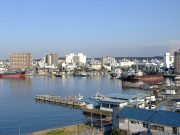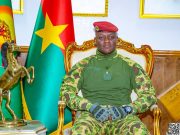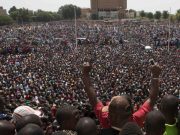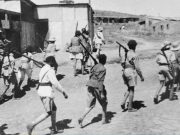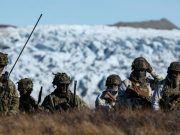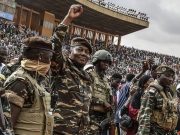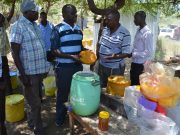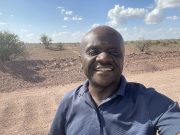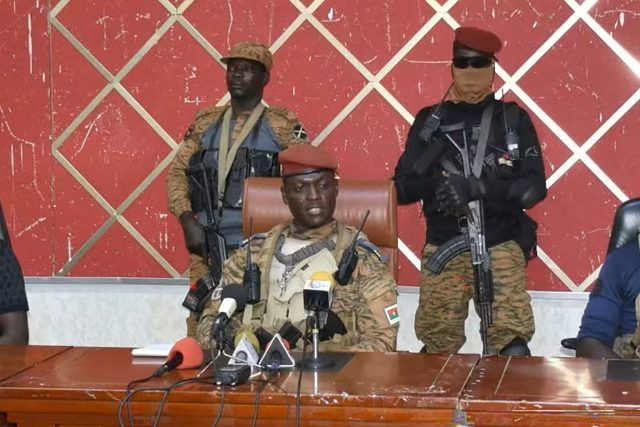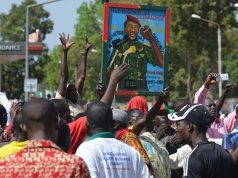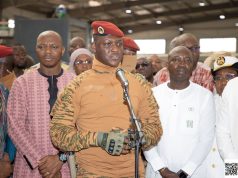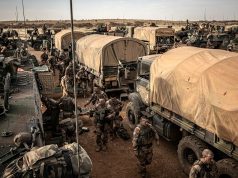On 23rd August 2015, when Traoré was 27 years old, jihadists struck Burkina Faso, marking a turning point for the young soldier. He was still a junior ranking officer and hadn’t yet been deployed to the international front lines. But the attack brought the jihadist threat directly to his doorstep. The insurgency was growing, and Traoré, stationed in northern Burkina Faso, was thrown into the fight to defend his homeland.
The weary boots of Traoré and his fellow soldiers kept smashing into the cracked, ochre earth and sparse trees, the land itself feeling like an adversary. The sun scorched relentlessly over towns like Djibo and Gorom-Gorom, where the air tasted of dust and the wind carried a sense of unease, a constant reminder of the insurgencies plaguing this region. Some of the parched fields were dotted with zai pits – an ancient method of farming born from the need to coax life out of a hostile, drought-ridden landscape. This thirsty land had become the setting for a volatile fight for survival, serenity and sovereignty.
Traore, now a detachment commander, drew inspiration from the local people’s resilience. They lived just south of the Sahara, in a land so dry that sweat easily formed on one’s forehead as early as 6 AM. He owed it to these people to fight with all his might. That’s exactly what he did one blazing hot afternoon.
The army had moved southward toward Barsalogho, a town teetering on the brink of falling to jihadists. The highway leading into Barsalogho was believed to be mined, so Traore led his men on a daring ‘commando trek’ through the rugged countryside, arriving just in time to liberate the town. That day became one of the happiest moments of his military career, a victory forged through grit and an unwavering commitment to defend the people who inspired him.
